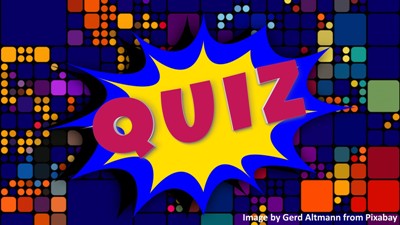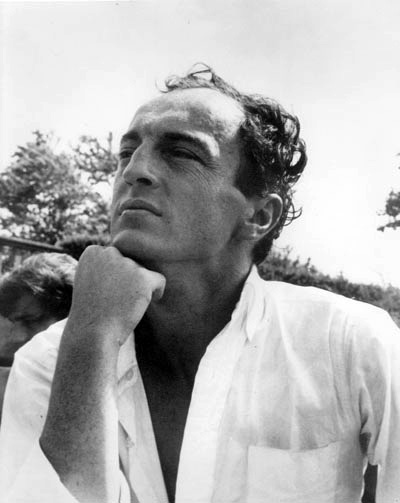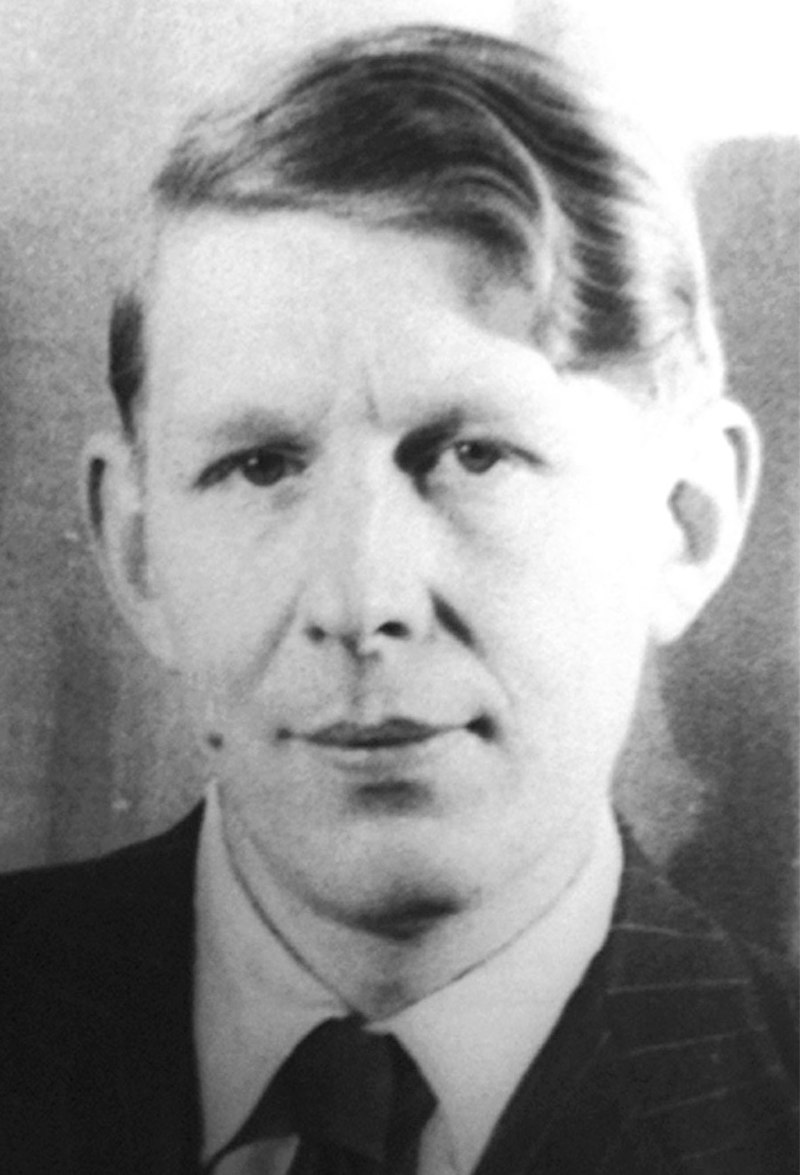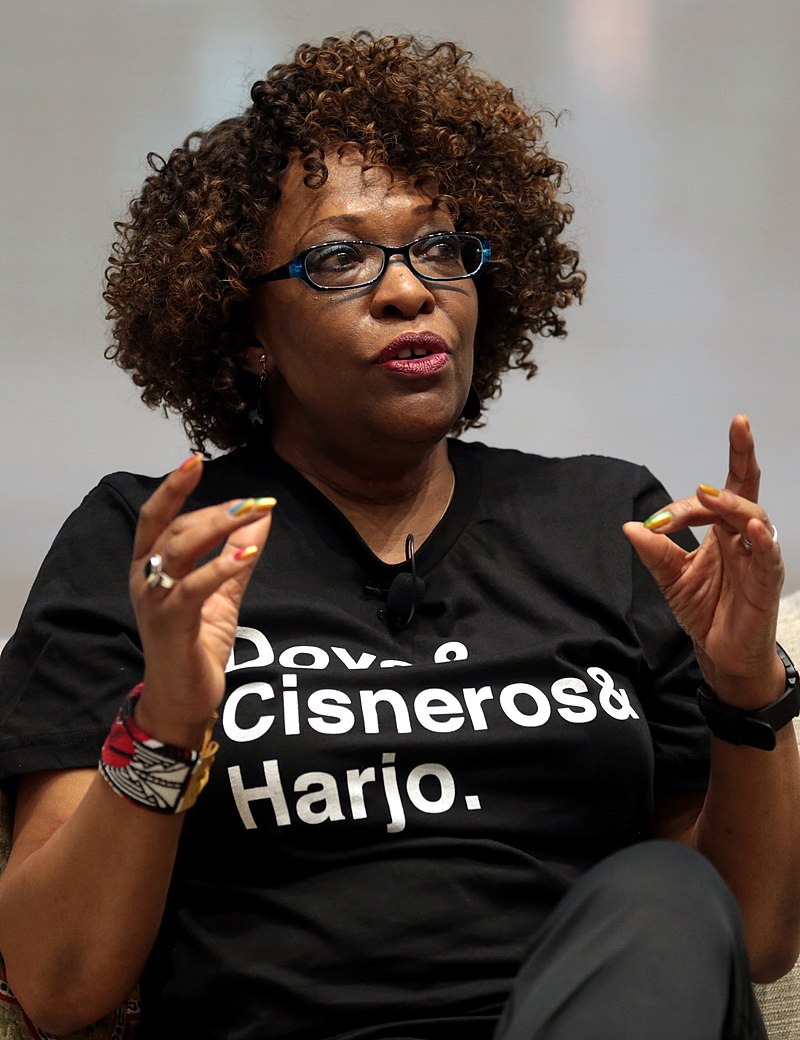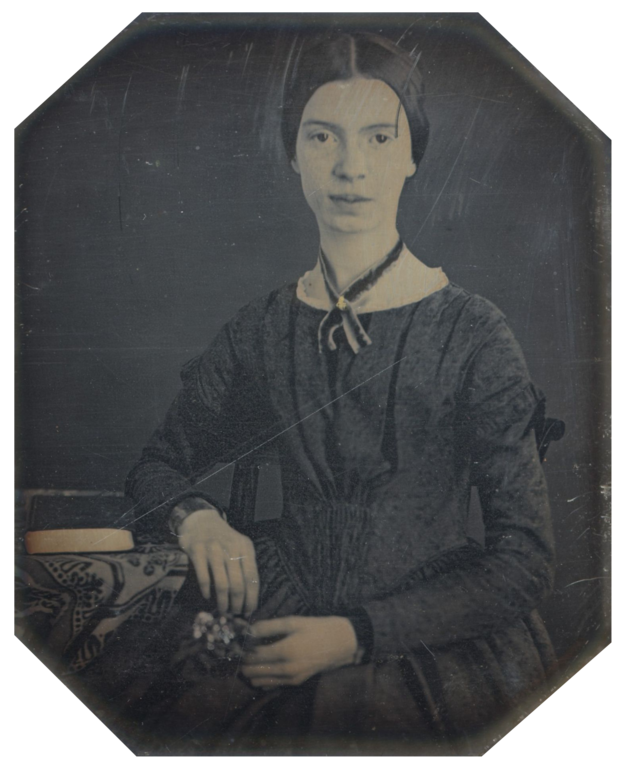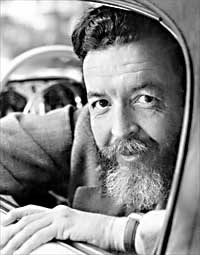Billy Collins Quiz Questions
1. What is Billy Collins’ nationality?
(a) Irish
(b) American
(c) British
(d) Canadian
2. In which year did Billy Collins serve as the U.S. Poet Laureate?
(a) 2001-2003
(b) 2004-2005
(c) 2006-2007
(d) 2008-2009
3. Which of the following is a recurring theme in Billy Collins’ poetry?
(a) The beauty of nature
(b) The complexities of love
(c) The everyday experiences of life
(d) The power of language
4. What is the title of Billy Collins’ most famous poem?
(a) “Introduction to Poetry”
(b) “The Lanyard”
(c) “Sonnet to My Father”
(d) “On Turning Ten”
5. In “Introduction to Poetry,” what does the speaker suggest readers do to a poem?
(a) Analyze it deeply
(b) Memorize it
(c) Drop a mouse into it
(d) Rewrite it
6. Billy Collins is often associated with which poetic style?
(a) Romanticism
(b) Modernism
(c) Postmodernism
(d) Realism
7. In “The Lanyard,” what gift does the speaker’s father give him?
(a) A watch
(b) A bicycle
(c) A book
(d) A lanyard
8. What is the central theme of “Sonnet to My Father”?
(a) The speaker’s love for his father
(b) The speaker’s fear of death
(c) The speaker’s regret for lost time
(d) The speaker’s appreciation for life
9. In “On Turning Ten,” what does the speaker fear about turning ten?
(a) Losing his innocence
(b) Growing old
(c) Becoming invisible
(d) Facing the unknown
10. What is the tone of Billy Collins’ poetry often described as?
(a) Serious
(b) Melancholy
(c) Humorous
(d) Angry
11. Which of the following is a collection of Billy Collins’ poems?
(a) “The Poetry of Billy Collins”
(b) “Nine Horses”
(c) “The Lanyard”
(d) “Introduction to Poetry”
12. Billy Collins has been compared to which famous poet?
(a) Robert Frost
(b) Walt Whitman
(c) Emily Dickinson
(d) Maya Angelou
13. In “The Rain in Spain,” what is the speaker’s attitude towards the rain?
(a) Indifferent
(b) Positive
(c) Negative
(d) Ambivalent
14. What is the main theme of “The Lanyard”?
(a) The power of language
(b) The importance of family
(c) The fragility of life
(d) The beauty of nature
15. In “The History of the Potato,” Collins uses humor to:
(a) Criticize the food industry
(b) Celebrate the humble potato
(c) Explore the history of agriculture
(d) All of the above
16. Billy Collins has also written poetry about which of the following topics?
(a) Politics
(b) Science fiction
(c) Sports
(d) All of the above
17. Which of the following is a key element of Collins’ poetic voice?
(a) A sense of authority
(b) A sense of detachment
(c) A sense of intimacy
(d) A sense of distance
18. Collins’ poetry often explores the relationship between:
(a) Humans and nature
(b) Humans and technology
(c) Humans and animals
(d) Humans and the supernatural
19. In “Introduction to Poetry,” Collins suggests that readers should:
(a) Analyze the poem deeply
(b) Ignore the poem’s meaning
(c) Focus on the poem’s form
(d) Treat the poem like a pet
20. Collins often uses humor and irony in his poetry to:
(a) Make serious topics more accessible
(b) Criticize societal norms
(c) Show the absurdity of human existence
(d) All of the above
21. The poem “Divorce” is a humorous exploration of:
(a) The challenges of marriage
(b) The aftermath of a breakup
(c) The absurdity of legal proceedings
(d) The power of love
22. Which of the following is a common poetic device used by Billy Collins?
(a) Rhyme
(b) Meter
(c) Free verse
(d) All of the above
23. Collins’ poetry often employs a conversational tone, making it:
(a) Difficult to understand
(b) Highly academic
(c) Accessible to a wide audience
(d) Limited in scope
24. Which of the following is a common theme in Collins’ love poems?
(a) Unrequited love
(b) The complexities of relationships
(c) The power of physical attraction
(d) The idealized notion of love
25. In “The Love Poem,” Collins suggests that:
(a) Love is a simple emotion
(b) Love is a complex and mysterious force
(c) Love is overrated
(d) Love is a game
Billy Collins Quiz Questions with Answers
1. What is Billy Collins’ nationality?
(b) American
2. In which year did Billy Collins serve as the U.S. Poet Laureate?
(a) 2001-2003
3. Which of the following is a recurring theme in Billy Collins’ poetry?
(c) The everyday experiences of life
4. What is the title of Billy Collins’ most famous poem?
(a) “Introduction to Poetry”
5. In “Introduction to Poetry,” what does the speaker suggest readers do to a poem?
(c) Drop a mouse into it
6. Billy Collins is often associated with which poetic style?
(c) Postmodernism
7. In “The Lanyard,” what gift does the speaker’s father give him?
(d) A lanyard
8. What is the central theme of “Sonnet to My Father”?
(a) The speaker’s love for his father
9. In “On Turning Ten,” what does the speaker fear about turning ten?
(a) Losing his innocence
10. What is the tone of Billy Collins’ poetry often described as?
(c) Humorous
11. Which of the following is a collection of Billy Collins’ poems?
(b) “Nine Horses”
12. Billy Collins has been compared to which famous poet?
(a) Robert Frost
13. In “The Rain in Spain,” what is the speaker’s attitude towards the rain?
(b) Positive
14. What is the main theme of “The Lanyard”?
(b) The importance of family
15. In “The History of the Potato,” Collins uses humor to:
(b) Celebrate the humble potato
16. Billy Collins has also written poetry about which of the following topics?
(d) All of the above
17. Which of the following is a key element of Collins’ poetic voice?
(c) A sense of intimacy
18. Collins’ poetry often explores the relationship between:
(a) Humans and nature
19. In “Introduction to Poetry,” Collins suggests that readers should:
(a) Analyze the poem deeply
20. Collins often uses humor and irony in his poetry to:
(d) All of the above
21. The poem “Divorce” is a humorous exploration of:
(a) The challenges of marriage
22. Which of the following is a common poetic device used by Billy Collins?
(d) All of the above
23. Collins’ poetry often employs a conversational tone, making it:
(c) Accessible to a wide audience
24. Which of the following is a common theme in Collins’ love poems?
(b) The complexities of relationships
25. In “The Love Poem,” Collins suggests that:
(b) Love is a complex and mysterious force


